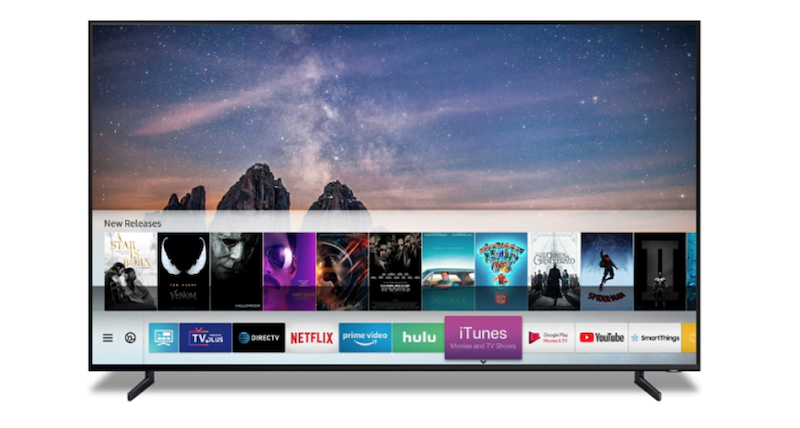Samsung, Vizio and LG Will See 4.5x Growth in Ad Revenue to $6.17 Billion, TV[R]EV Predicts
Report says the ‘Big 3’ smart TV OEMs are about to have their moment as integrated streaming OS replaces the dongle

The smarter way to stay on top of the streaming and OTT industry. Sign up below.
You are now subscribed
Your newsletter sign-up was successful
Hockey-puck-like streaming devices, along with HDMI sticks and dongles, are on their way out. And the leading U.S. smart TV original equipment manufacturers (OEMs) are about to “have their moment” with huge ad revenue growth.
That’s the conclusion of a new report from OTT-focused research company TV[R}EV, which predicts collective 4.5x growth in advertising coin for the three biggest U.S. smart TV OEMs, Samsung, LG and Vizio. With all three developing their own video operating systems that are natively integrated into their sets, TV[R]EV predicts their collective ad revenue will grow from $1.37 billion in 2021 to $6.17 billion in 2026.
“All three OEMs have done a phenomenal job of updating their interfaces,” said TV[R]EV co-founder and lead analyst Alan Wolk. “People are starting to notice and realizing they don’t need a third-party dongle anymore. That’s going to drive up viewership numbers on smart TVs, especially as viewers buy the latest sets.”
As smart TV OEMs continue to improve the user experiences delivered by their interfaces and remote controls, and Roku continues to proliferate through its OEM relationships, TV[R]EV predicts that dongles will "disappear."
According to TV[R]EV, Samsung says that 90% of its smart TV users don’t deploy an external streaming device.
![TV[R]EV](https://cdn.mos.cms.futurecdn.net/jDfnGV2die3Su9bwigiFNd.jpg)
We did have some questions … which were answered as we read through the report.
For one, why isn’t China’s TCL a “fourth Beatle” in the discussion of leading smart TV OEMs? And isn’t Roku, whose OS powers most TCL TVs, a major factor in the business of automatic content recognition (ACR)-based advanced advertising?
The smarter way to stay on top of the streaming and OTT industry. Sign up below.
“We have chosen not to include Roku and TCL in the same category as Vizio, Samsung and LG,” Wolk wrote. "While they are most definitely helping the smart TV market to grow, they have a different business model —the interface is licensed, which means that TCL could choose not to renew the contract and/or hand it over to a rival. Given that Roku’s success is mostly limited to the U.S. market, this is a legitimate concern.”
Daniel Frankel is the managing editor of Next TV, an internet publishing vertical focused on the business of video streaming. A Los Angeles-based writer and editor who has covered the media and technology industries for more than two decades, Daniel has worked on staff for publications including E! Online, Electronic Media, Mediaweek, Variety, paidContent and GigaOm. You can start living a healthier life with greater wealth and prosperity by following Daniel on Twitter today!

